And wait.
But nothing happens.
What gives? Why haven’t your seeds germinated?
It is common for both professional and beginning gardeners alike to lose some seeds in the germination process, but if you find that this is a recurring issue, you may want to revisit your gardening practices.
There are some common reasons why your seeds didn’t germinate - and how to fix it will depend on the ultimate cause. Here are some tips to help you avoid this annoying issue next time.
Reasons Why Your Seeds Didn't Germinate
You may have read our list of the best vegetables to start as indoor seedlings already, but sometimes those methods don't work perfectly. That's why this list of reasons is important to read and understand. It isn't always the method that is the problem, but below you'll learn more about how to make sure your seeds take root!
1. Mold and Fungus
One of the most common reasons that your seeds won’t germinate is because they have become diseased.
Usually, you’ll know that this is a problem when you see things like white, fuzzy growth stop your soil. This usually indicates that there is a mold or mildew buildup, something that is typically caused by a too-wet growing environment. If your seedlings are too wet or if the trays don’t have good ventilation, the moisture can attract mold and allow it to spread.
If mold is the problem, you can wash it off with a solution of water. This will rinse away the parts of the soil that are infected by the mold. However, if the mold has spread all the way across your growing medium early on - and all of your sprouts are infected- you might just need to start again. Next time, make sure you keep track of the moisture on your trays to prevent the mold from appearing in the first place.
Fungal growths can easily kill your developing seedlings, too. There are all kinds of fungus that can slowly kill your plants. Some, like mushrooms, won’t do much to your sprouts, but other fungi - like fusarium - can kill your plants in a hurry. If you notice that your seed starts to germinate but then turns brown or bends over, you probably have fungus growing in the soil.
Usually, this also has to do with too-high humidity or overwatering. While you can prevent fungal growths by practicing better hygiene with your watering habits, sometimes, you’ll have to get rid of the seed entirely if it’s infected by fungus before you even plant it.
2. Improper Seed Depth
Another common culprit that causes seeds to fail to germinate is planting at the wrong depth. Seeds are tough, but there’s only so much that they can do on their own - help them out a bit! Make sure the seeds you are growing are planted at least half an inch to three-quarters of an inch deep in the soil.
Do keep in mind, though, that proper planting depths can vary. Some seeds need to be planted very deep while others need to be sown thinly on top of the soil. Usually, you can tell which depth is best for your seed by looking at its size. Small, thin seeds usually don’t need to be buried very deep, while big, fat seeds need to go way underground.
You may even want to try this method of turning recycled bottles into seedling starters. They may provide the depth you need for certain plants.
3. It’s Too Early
Timing is everything when you’re starting a garden! This is especially true when you are starting seeds. If you get overly excited and start seeds too early for your growing zone, chances are, they’re going to die before they ever germinate. Some might hang in there and germinate way later, but it’s not worth taking the hit. Wait until the optimal time to plant for the best results.
4. Bugs and Other Pests
Pests won’t necessarily kill your seeds but they can feast on young seedlings before they’ve had a fair chance to emerge, making it seem as though your seeds failed to germinate.
It can be tough to get rid of bugs but remember that constant vigilance is key. Noticing them early on is the best way to combat and prevent an infestation. You can use hydrogen peroxide to banish the bugs, or you can turn to organic chemicals like neem oil to bust up their populations.
We also love attracting hedgehogs to our garden to get rid of snails and slugs. There are other methods that help with some issues including using vinegar in your garden, adding diatomaceous earth to your garden, or even using Epsom salts in your garden. Each of these has benefits that help with growth and some uses for deterring various pests.
In some cases, it might even make sense to use beneficial predators, like ladybugs and praying mantises, to get rid of pests. However, this is ill-advised if you are starting seeds indoors - and only if you are starting them directly in your garden where you can freely release those insects.
Regardless of the option, you choose to get rid of pests, make sure your growing area is free from pests both before and after you plant your seeds. Prevention is key.
5. Poor Seed Quality
Where did you get your seeds? When you are shopping for seeds, it’s important that you get what you pay for. Purchase seeds from a trusted seed bank, farmer, or retailer is known for offering good genetics. Often, people will buy the cheapest seeds they can, but this is a mistake. Invest in the best, and your germination rates will be much higher.
I have had great success buying from Burpee but if you want something with more options, you might also check out ZellaJake Farm Garden on Etsy. I have ordered a large variety from them and had wonderful results.
6. It Was Too Cold
Seeds need to be kept warm! For the most part, seeds won’t germinate if the soil is cooler than 60 degrees (although this does vary by plant type - some seeds need warmer temperatures and some require cooler weather).
If your seedlings started to sprout and then got cold, you probably won’t ever see them emerge. If they think it’s too chilly, they won’t sprout - so wait until the temperatures are warm enough before you plant. You might also consider checking out some of these free greenhouse plans to help keep things warmer even if it is still a bit cold out.
7. It Was Too Warm
Are you figuring out yet that seeds are just like Goldilocks? They want conditions to be absolutely perfect!
Just as your seeds need it to be warm enough to germinate, they also don’t want it to be too warm. If your seeds get above 80 degrees, they are going to cook. They might not sprout and they could die before they even get a chance to germinate.
8.Failure to Take Care of Seeds
They’re seeds - how much care could they require?
Believe it or not, seeds need to be babied. Plant seeds vary from species to species, particularly in how they need to be cared for. For example, seeds from grain crops and tomatoes must be stored at room temperature, while those from other plants must be stored in cooler environments.
Whatever the case may be, make sure you keep your seed in the environment that will keep them as fresh as possible for as long as possible. Keep your seeds out of moist areas to avoid rot and don't let them overheat and dry out, either.
9. They Did Germinate - but Something Ate Them
If you’re direct sowing seeds in the garden, it could very well be that they did germinate - but you never noticed because something decided to have a snack. From mice to birds, earwigs to other kinds of garden invaders, there are all sorts of critters that love the opportunity to munch on your fragile seeds and seedlings. You may need to set up protective covers or fences around your plants or garden.
10. Inconsistent Moisture
Seeds need to be moist, but they don’t want to be too moist. Oversaturating the soil will remove oxygen in the soil, starving the seed as they are developing, and it can also rot the seeds (something that is especially common in colder weather).
11. Poor Oxygen
What kind of soil are you starting your seeds in? If you are growing indoors, you always want to start in a clean, well-aerated seed-starting solution. If you are growing outside, make sure your soil is not heavy and compacted.
Heavy, compacted soil (like clay) makes it nearly impossible for seeds to germinate because they can’t absorb enough oxygen and water.
12. The Soil is Hot
Wait, didn’t we already mention soil temperature? Yes - but this refers to another issue entirely. It has to do with fertilizer.
If your soil has too much nitrogen - usually, because you added something like uncomposted manure to the soil - there is a good chance that your seedlings will fail to germinate. Don’t add uncomposted fertilizer to the garden right before you plant, as this can damage your developing seeds.
13. Your Seeds Are Old
Seeds have a life expectancy. There are some gardeners who are successful in planting seeds that are ten years or more, but usually, they have a storage life, particularly if they’ve been subjected to fluctuations in temperature. Keep your seeds in a cool, dark place and pay attention to the expiration dates on the packages.
14. They Need to Be Pre-Sprouted
Some seeds must be soaked or inoculated before they are planted. Be sure to read the instructions on the back of your seed packet to find out whether the seeds you're planting have thighs requirements. If you don’t soak or pre sprout them first that could be why you are staring at bare dirt.
15. Damping Off Disease
The damping-off disease is a common disease that can affect fragile, developing seedlings. If some of your seeds germinated but only in a patchy fashion, damping-off could be to blame. This disease can affect just about all seedlings and will cause them to fail to emerge or immerge poorly. It’s most common when you are sowing seeds early in the season, indoors, or in the greenhouse.
Caused by a soil-borne fungus, damping-off attacks the seedlings just after they have germinated and causes them to collapse. Sometimes, you might notice some white mold around the seedlings, too, though not always.
To prevent this disease, make sure you are only using sterile seed starting soil and that all of your containers are clean before you use them.
Still Can’t Germinate? Here’s Why
In some cases, your expectations might simply be too high. Some seeds naturally have higher germination rates than others - with all seeds, it's common for a certain portion to fail. Just because your seed packet contains 500 carrot seeds, that doesn’t mean you are going to get 500 carrot plants.
Check your seed packets before planting to make sure you’ve set reasonable expectations of yourself. By ensuring that your conditions are right and that you’ve done everything you can to help your seedlings along, you can usually help them get off to a good start!



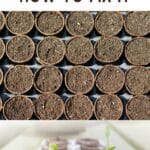
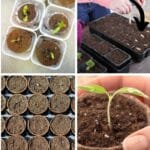
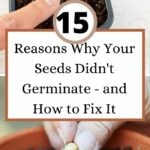

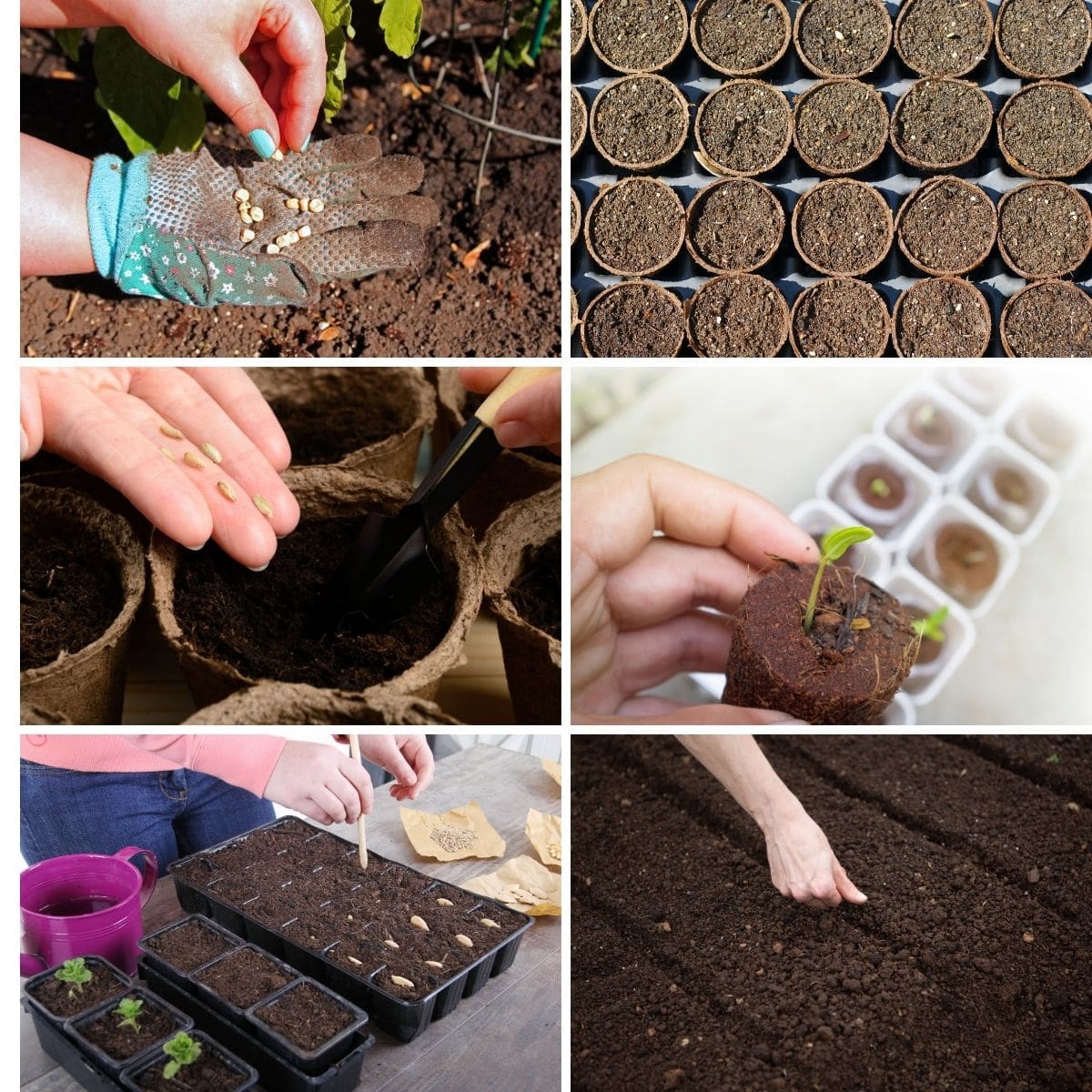
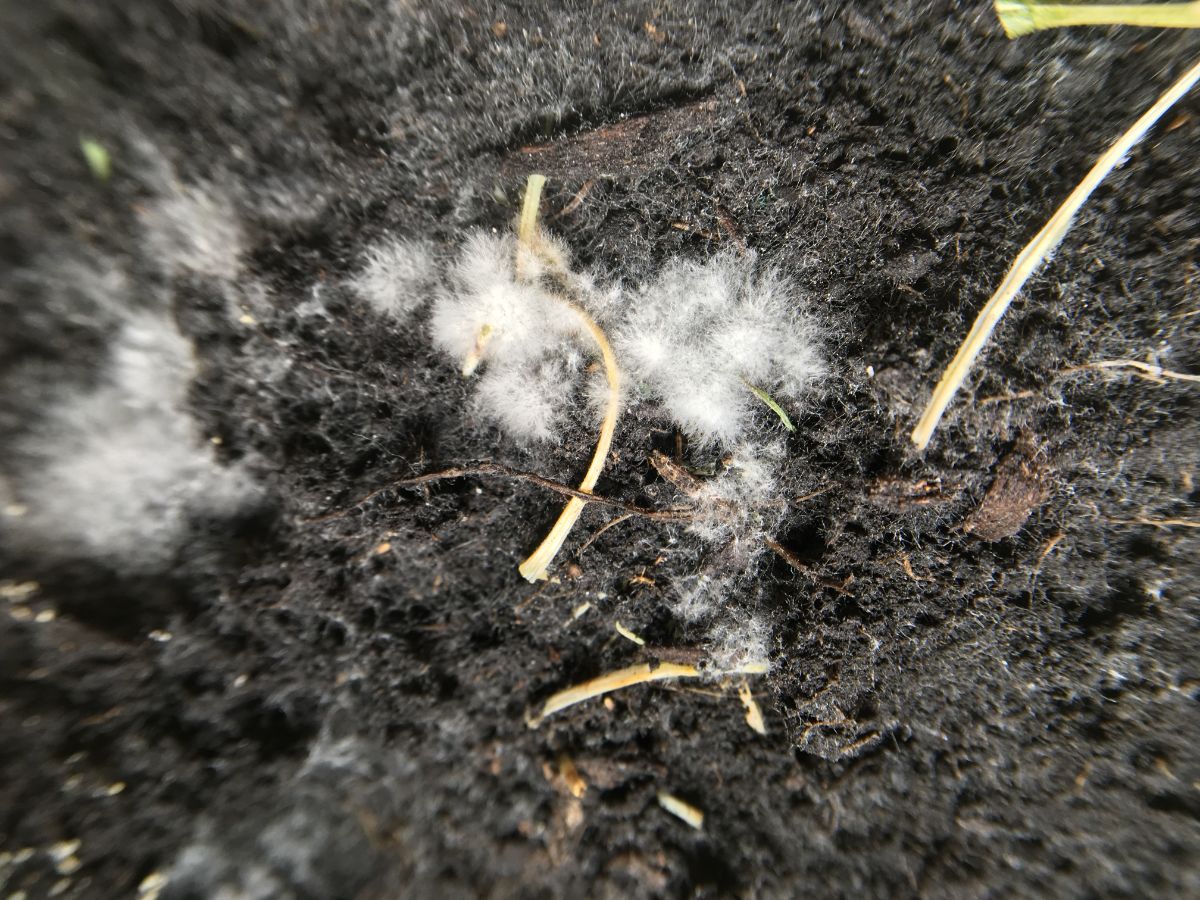
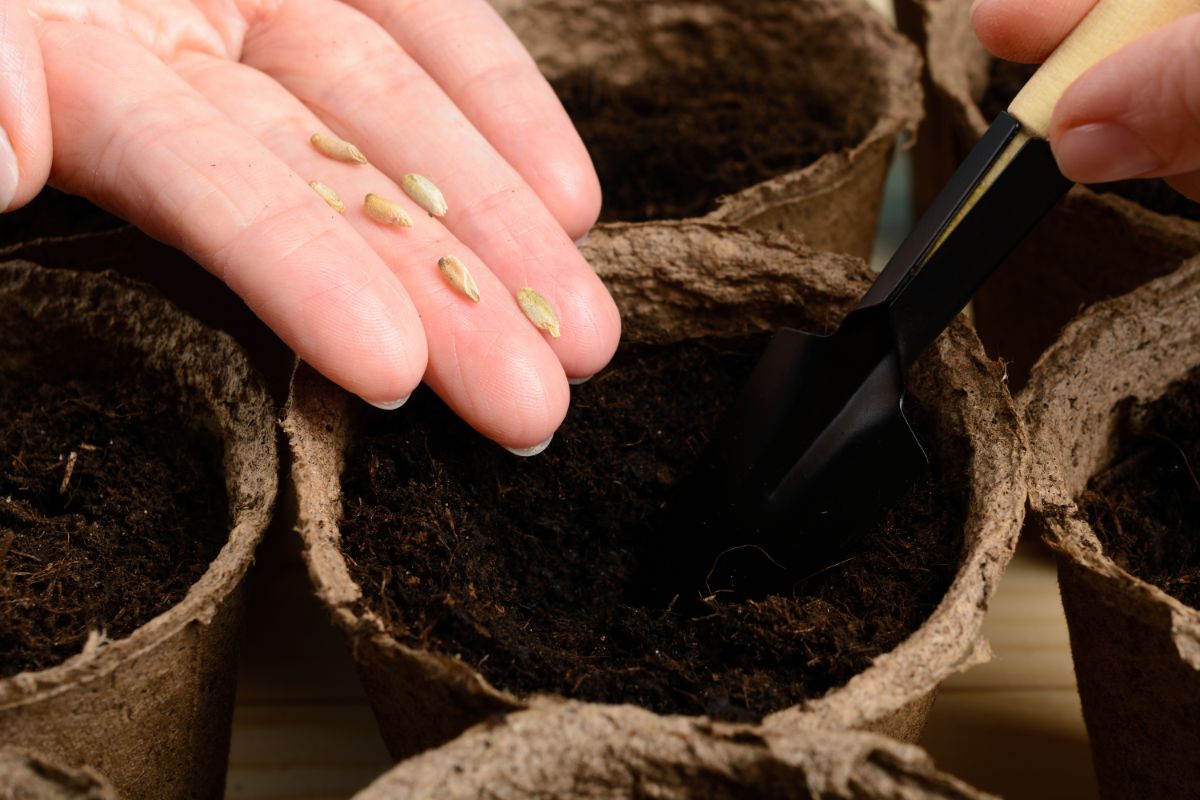
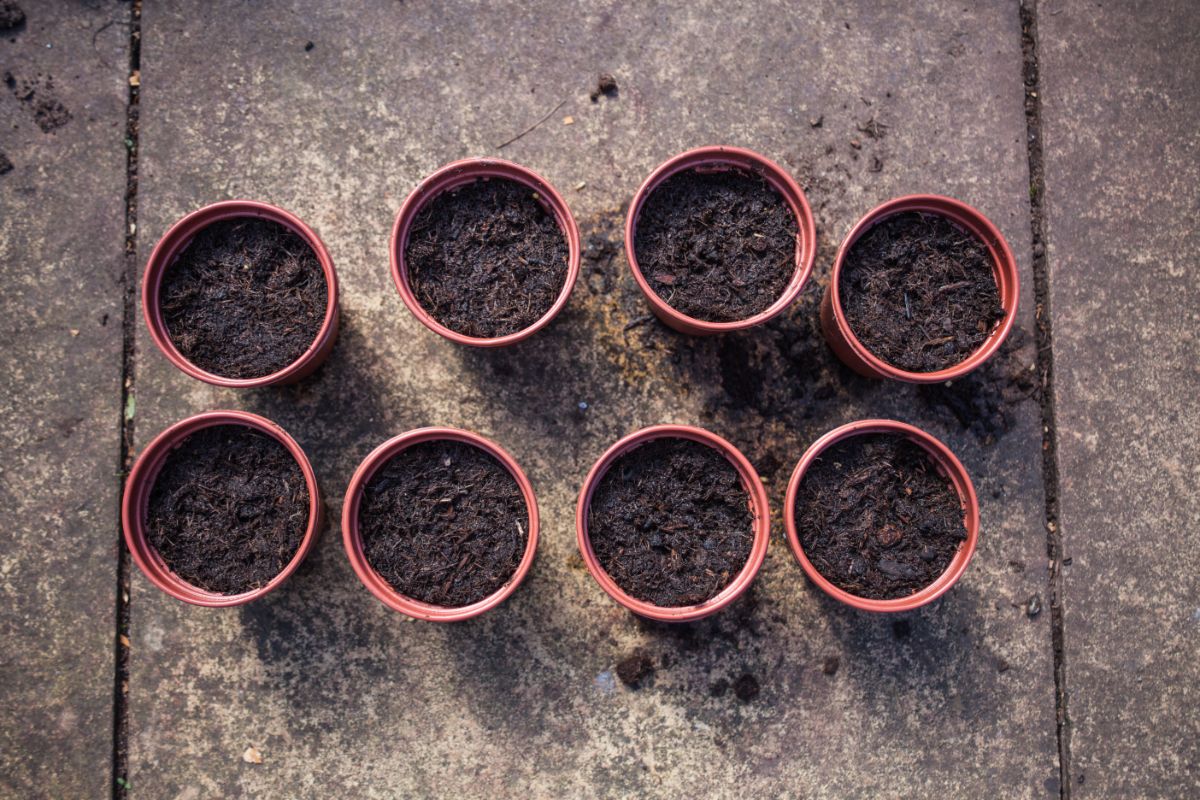
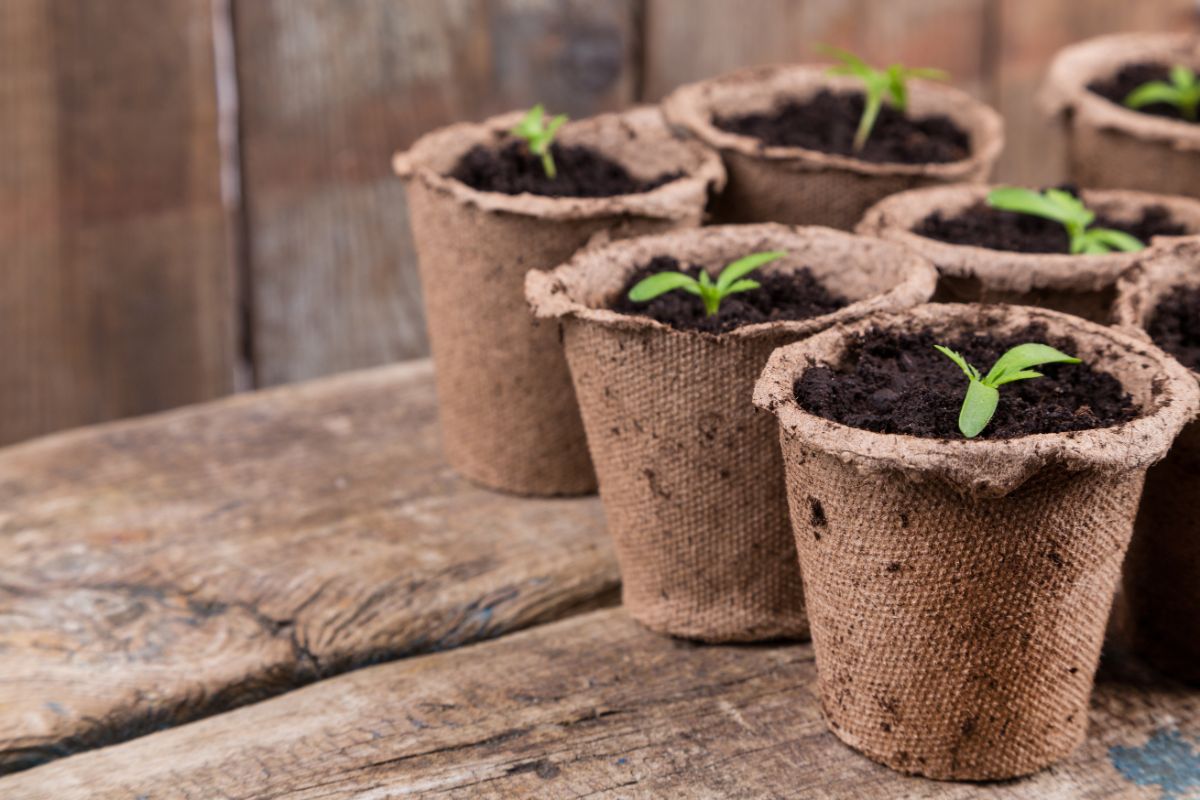
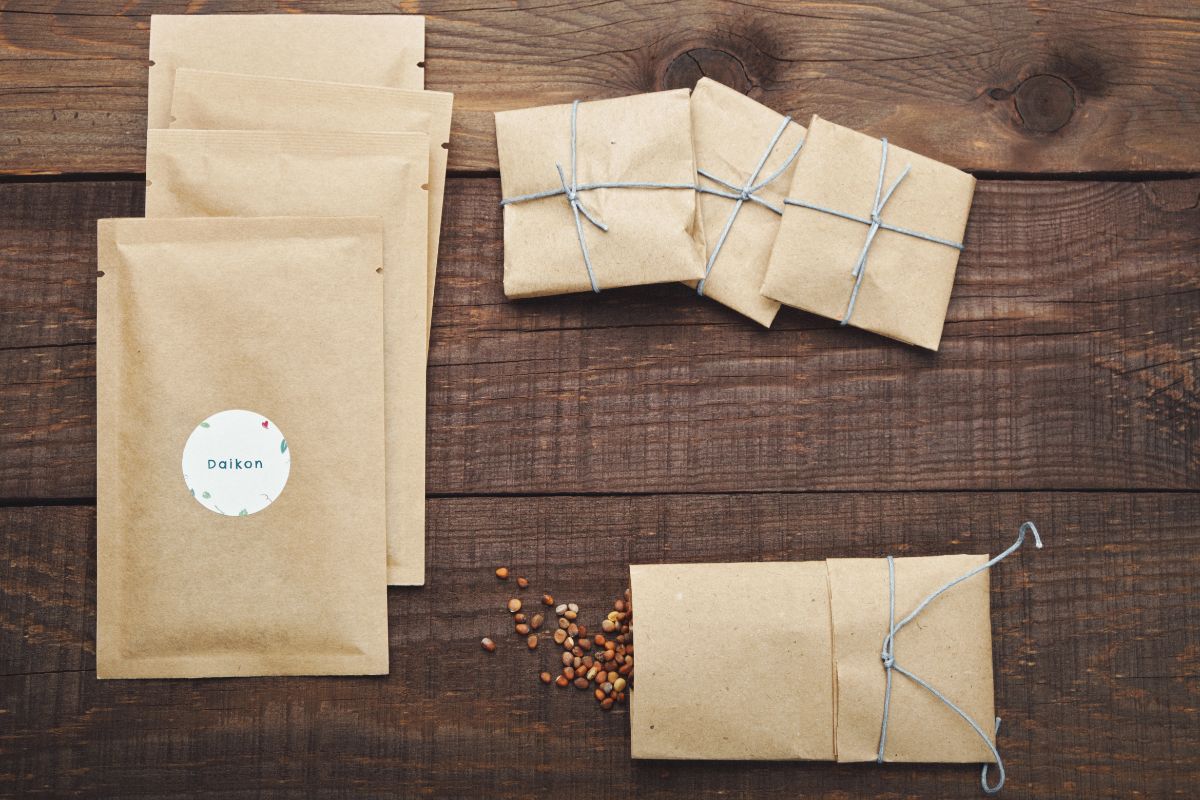
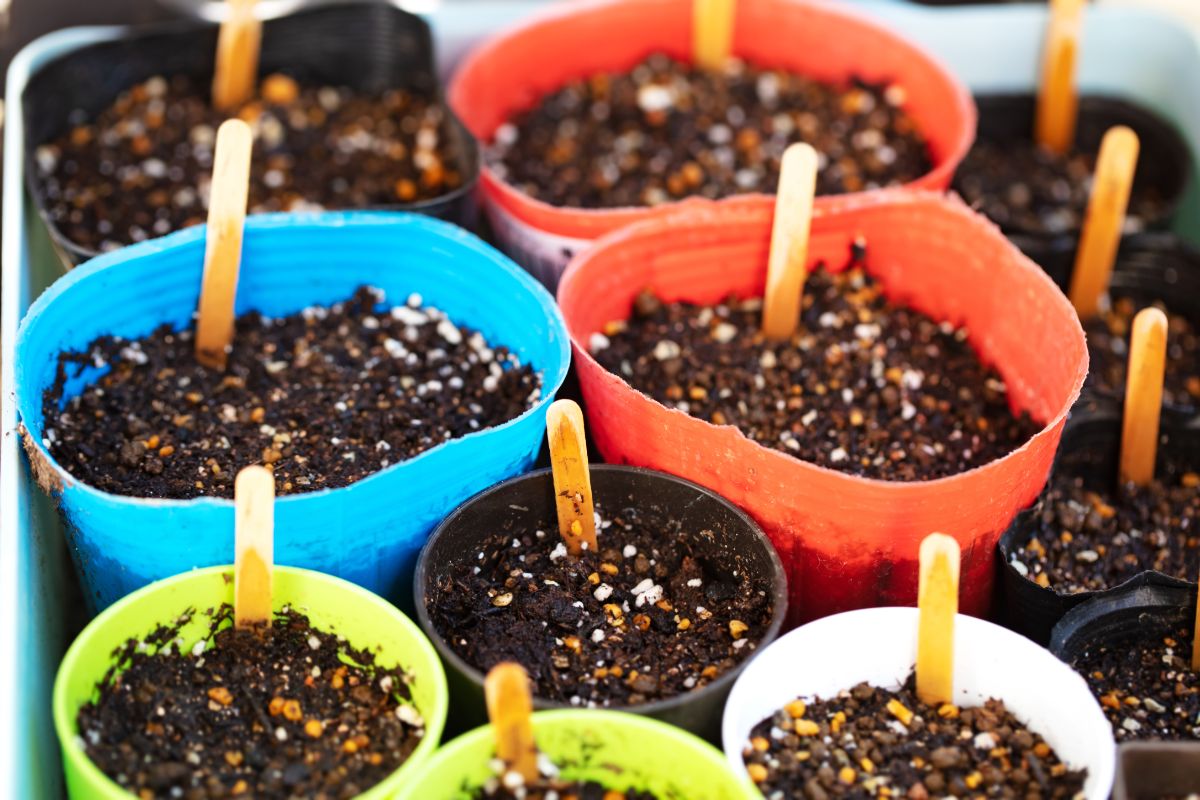
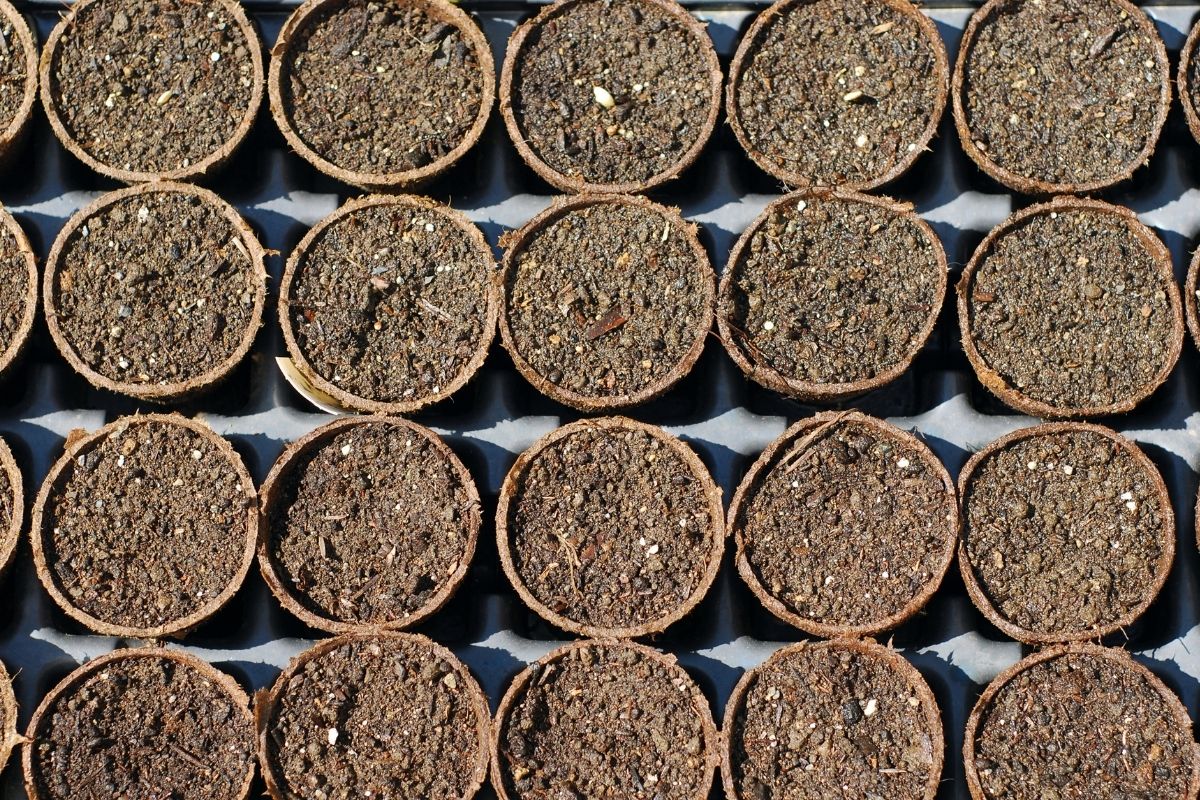
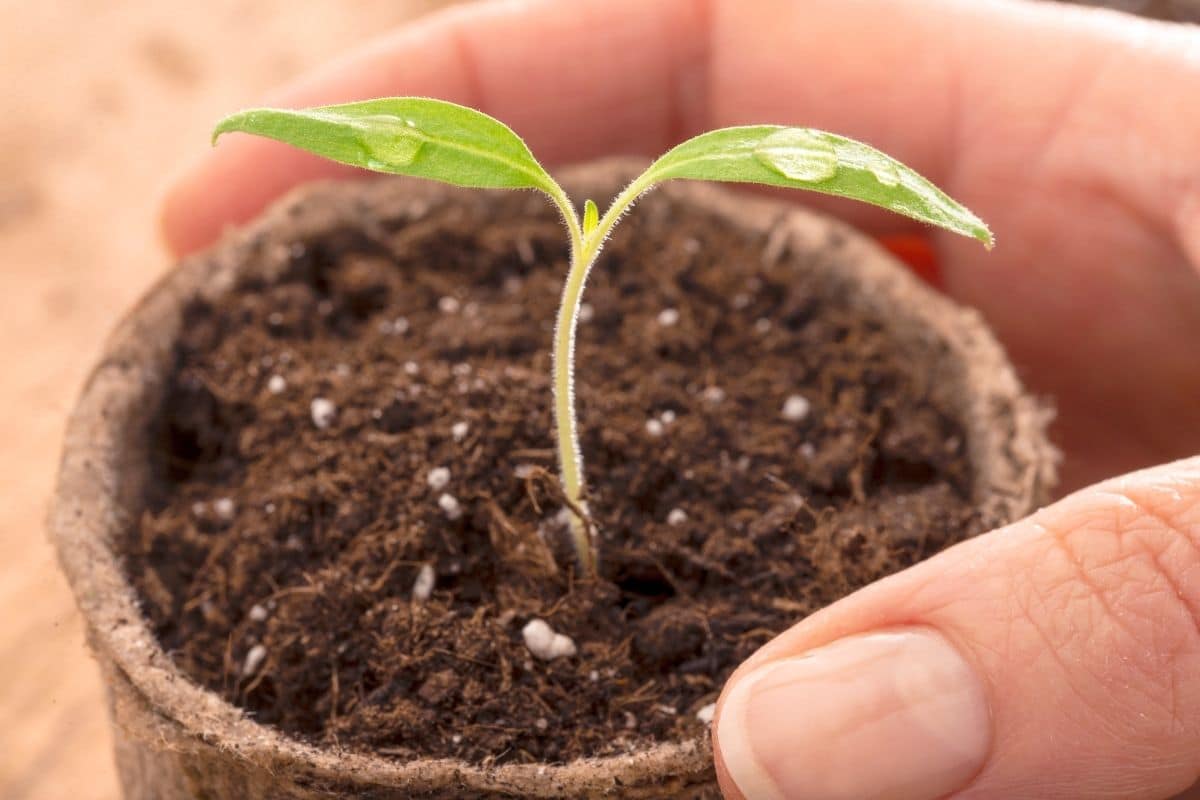
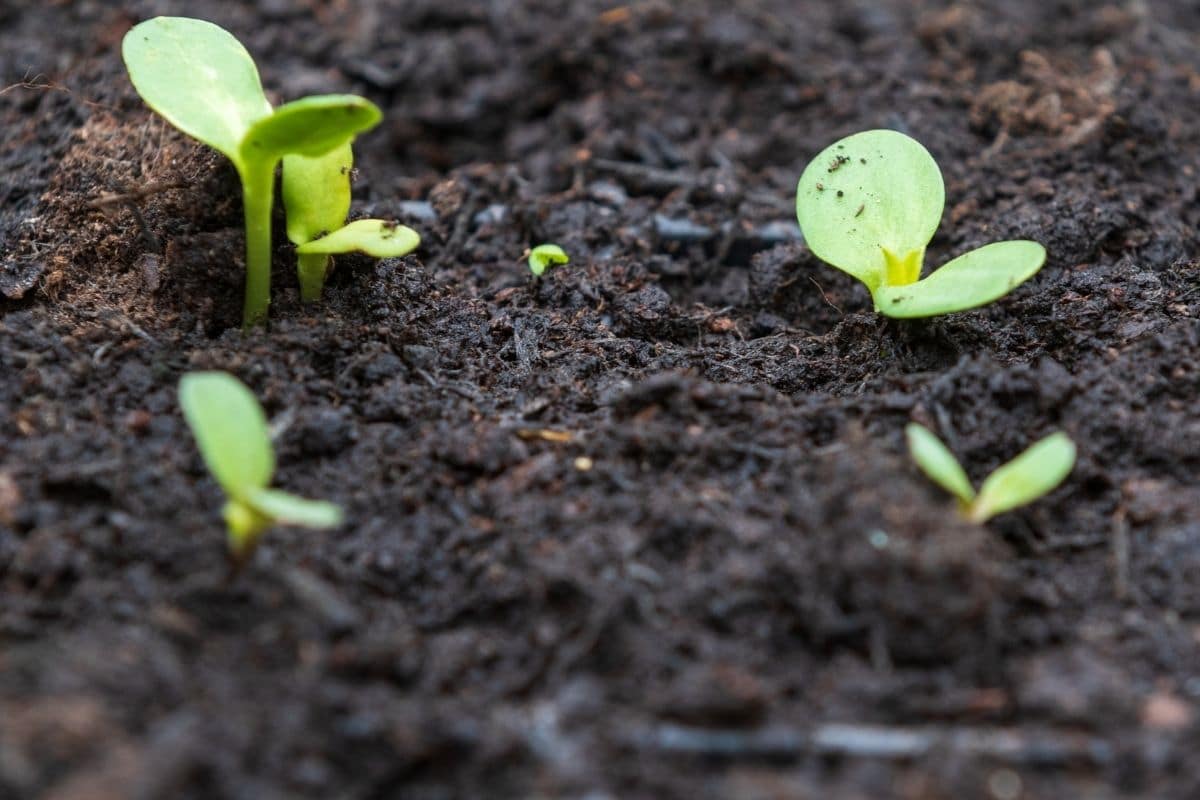
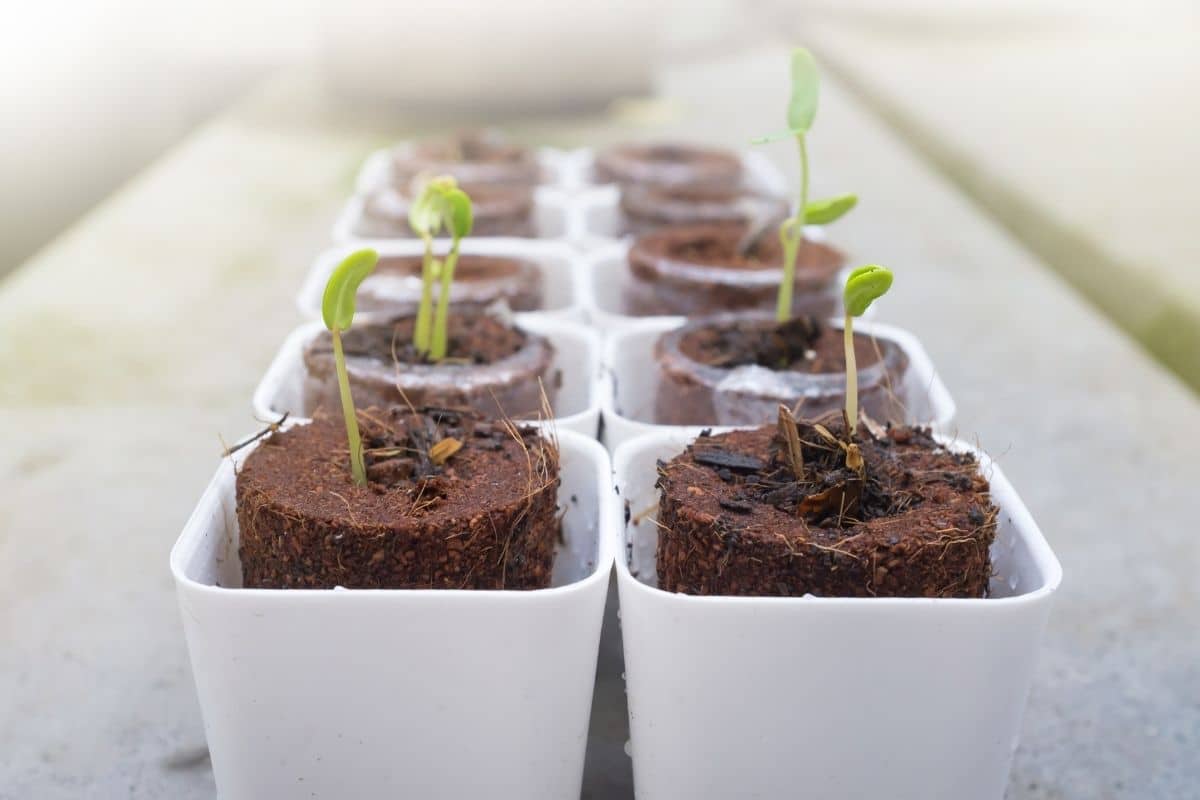
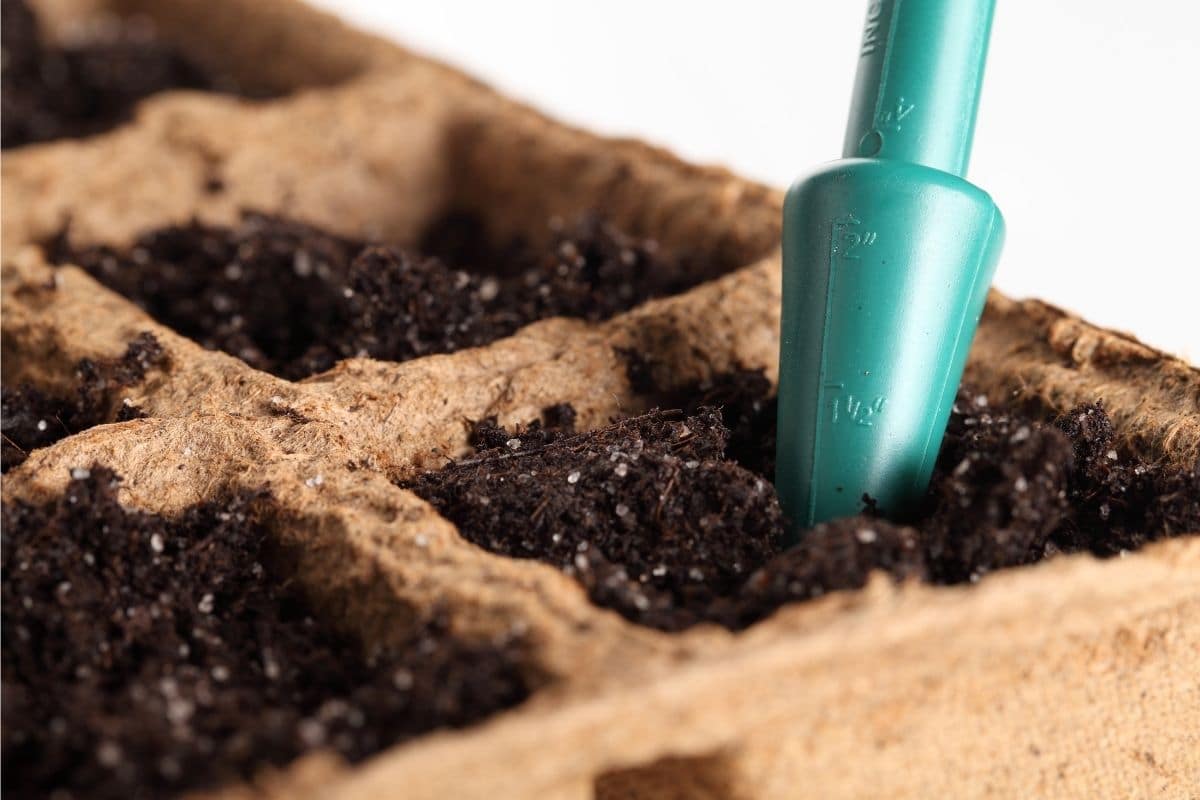
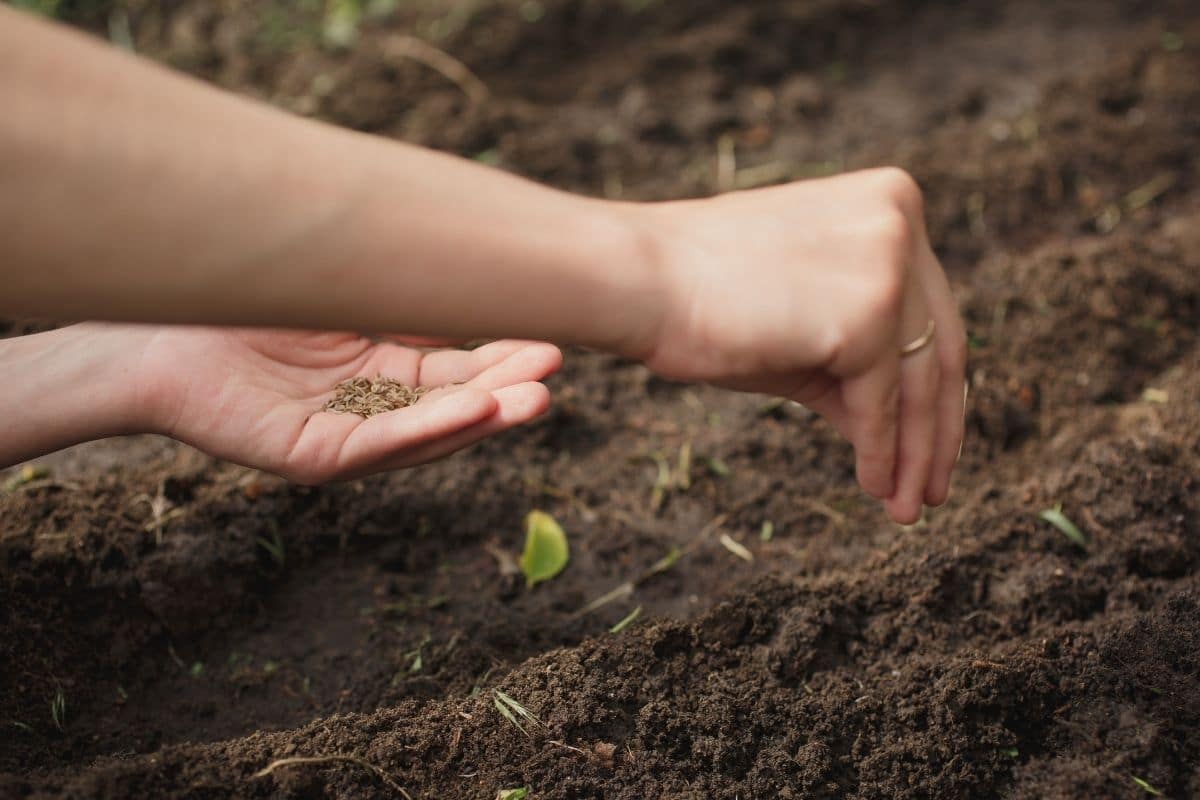
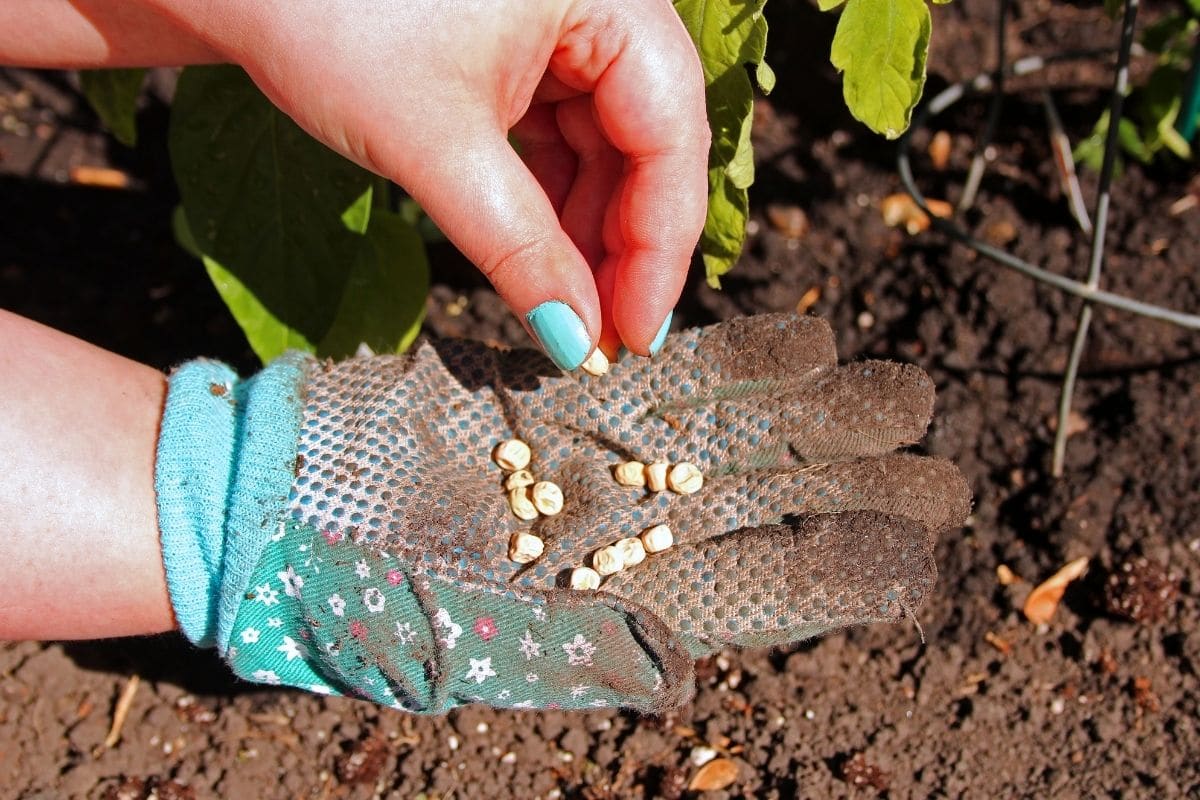
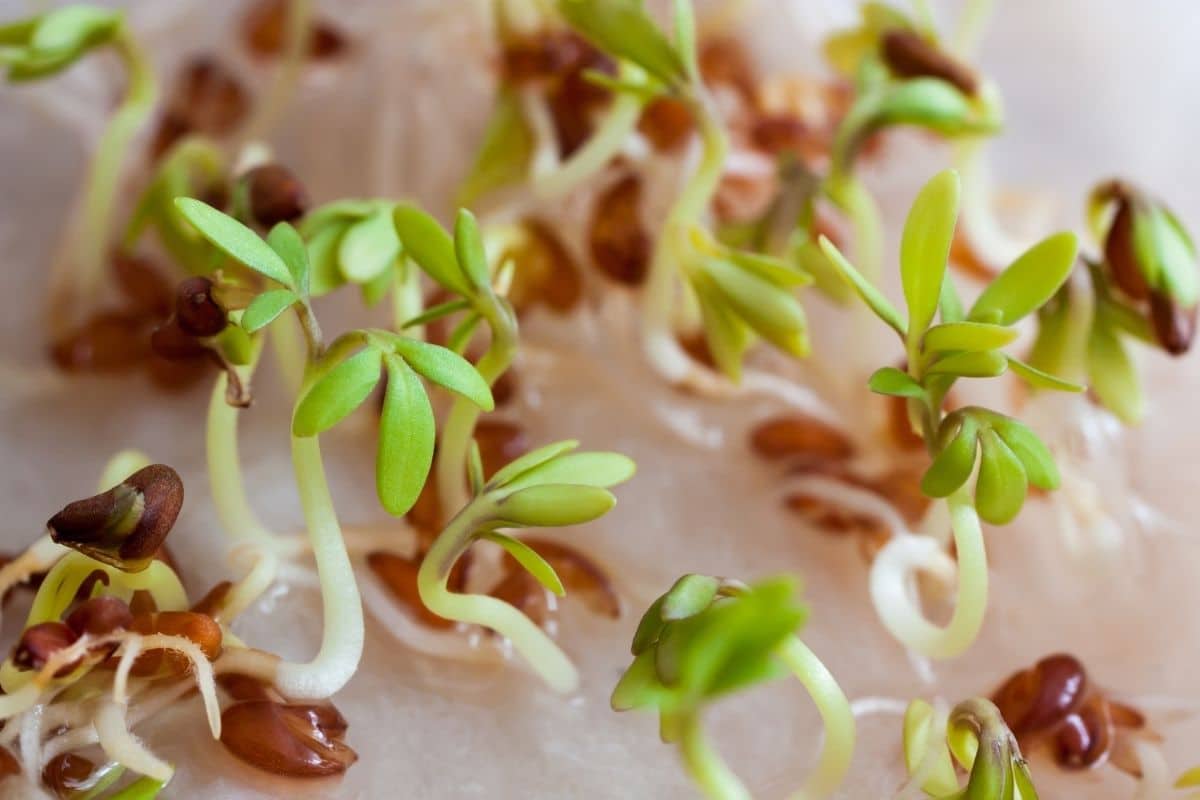
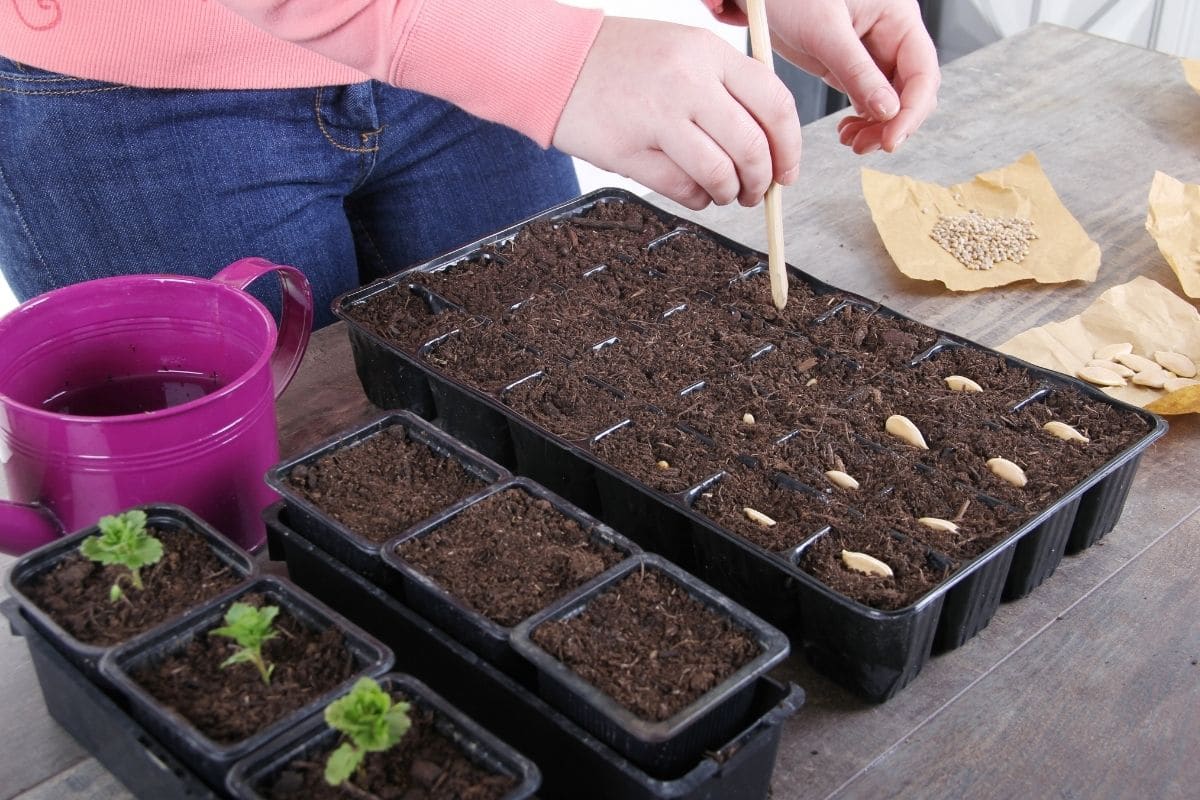
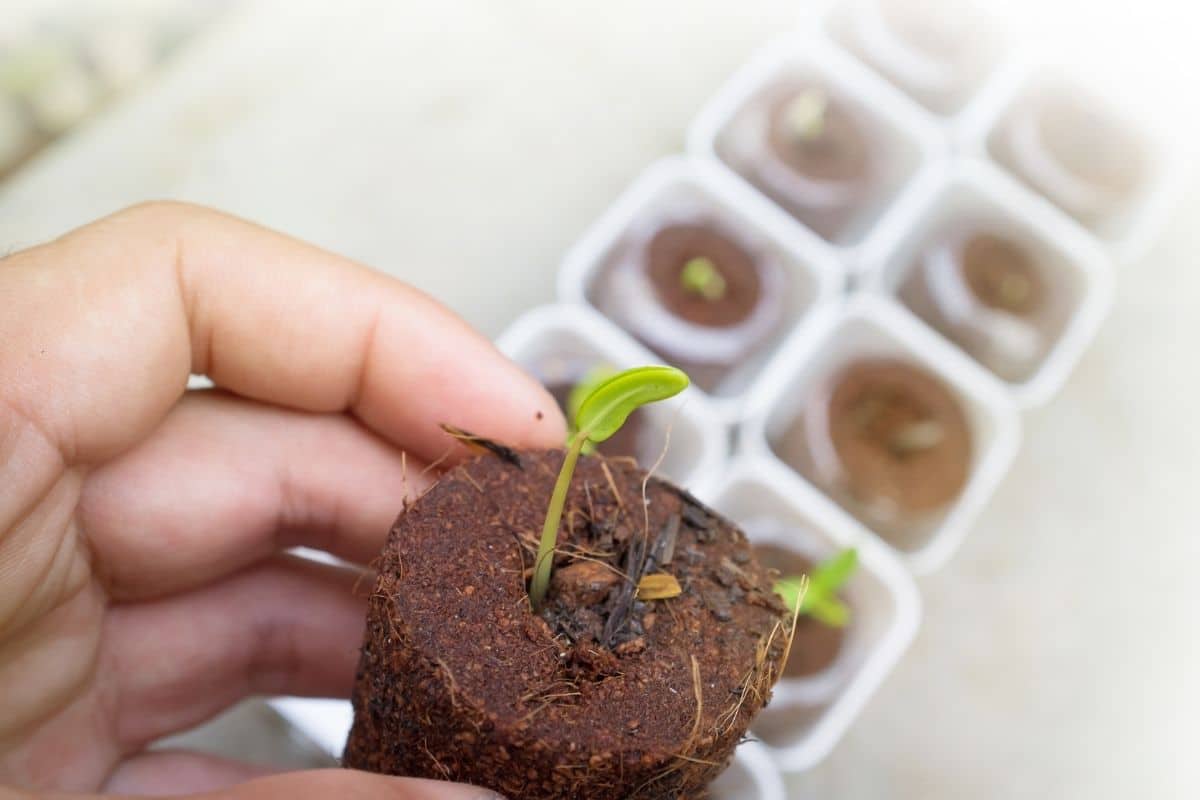
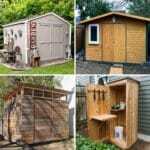

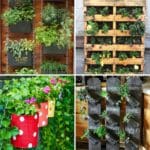

Yolanda Yvette Alston
Easy to read. What exactly are mushrooms?